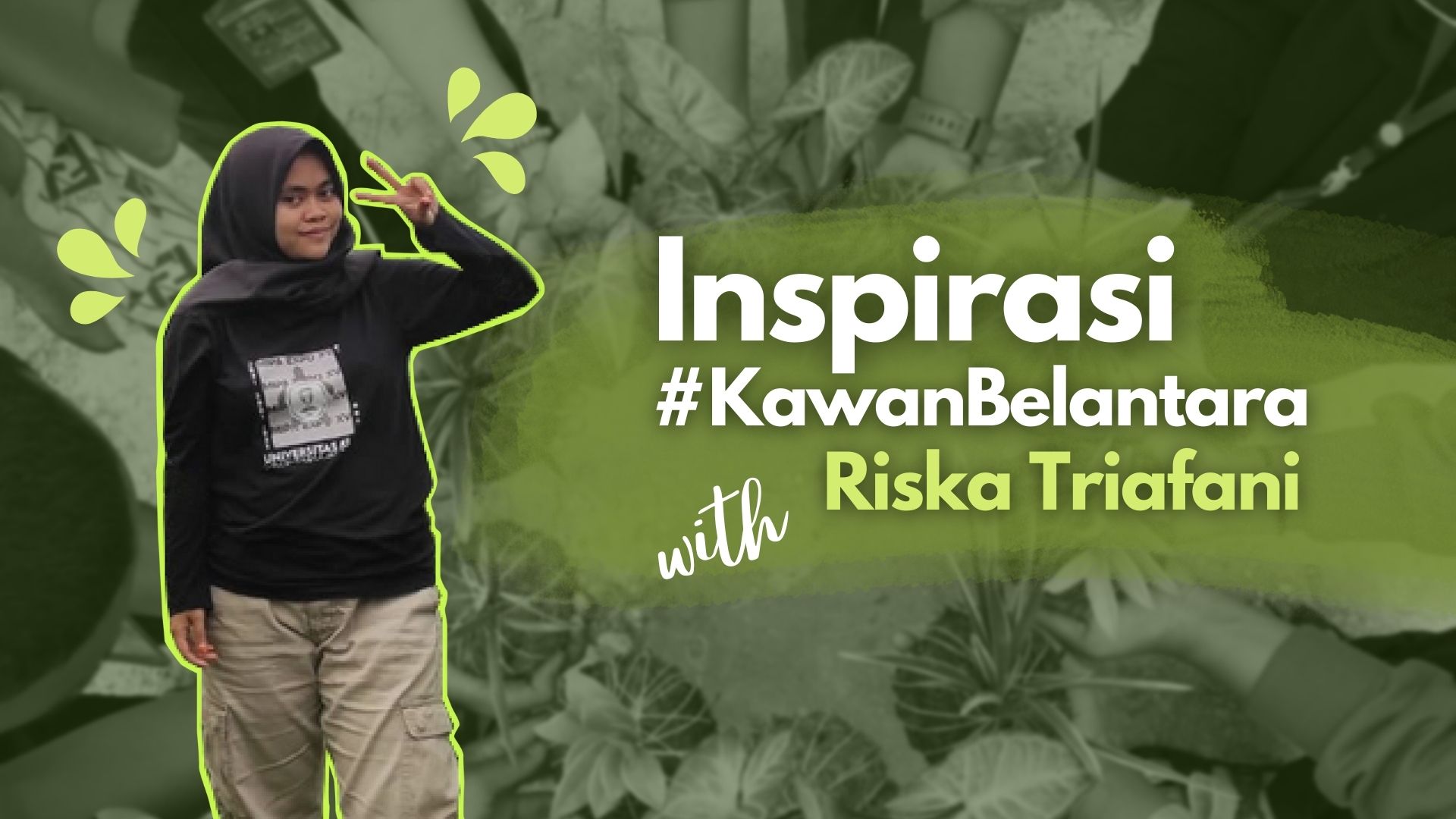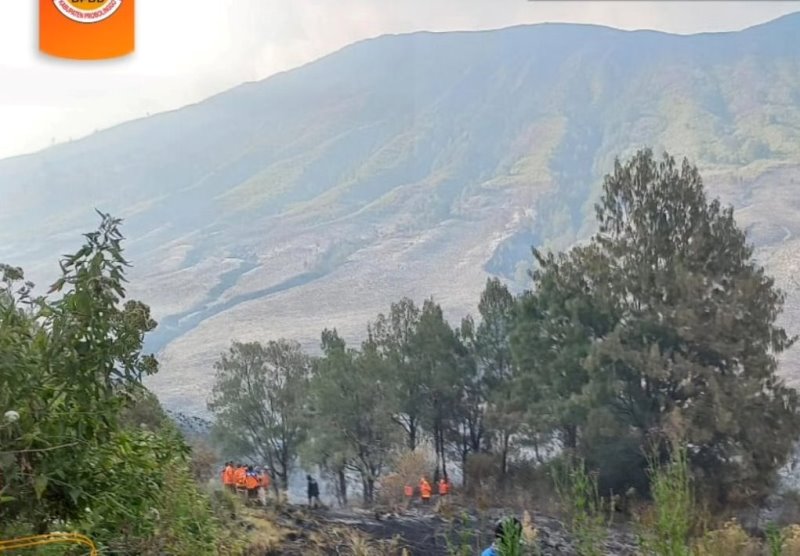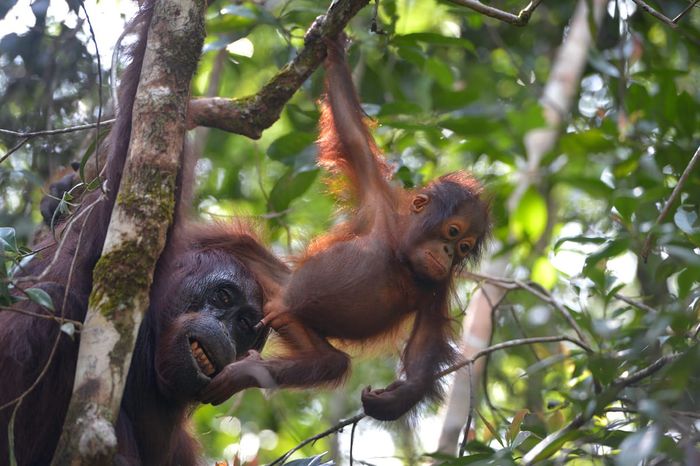#Kawan Belantara Profile March 2022: Riska Triafani
#KawanBelantara is an environmental community initiated by the Belantara Foundation. Its members are environmental enthusiasts from the younger generation who have a mission to preserve the environment, forest conservation, and also prevent the impact of climate change. Every month we will raise a profile of #KawanBelantara to tell their story in their struggle to make the earth a better place.
#KawanBelantara Profile this March is Riska Triafani! Riska Triafani is a student from the Biology Department, Faculty of Mathematics and Natural Sciences, Universitas Riau. Currently, Riska is joining an internship program for 6 months from March to August 2022 with the Belantara Foundation.
Riska together with the Universitas Riau community have initiated an awareness project, to make kokedama from coconut fiber which was held at SD Negeri 1 Bandar Laksamana, Api-Api Village, Bandar Laksamana District, Bengkalis Regency, Riau in July 2021 last year. This program is a cooperative project with the Adiwiyata School program and was attended by the Principal of SD Negeri 1 Bandar Laksamana, the entire board of teachers and 20 students as participants.
Api-Api Village is geographically located in a coastal area. There are many coconut trees growing in this area. Although we could find many coconuts, the local communities in the area haven’t optimally used all components of coconut trees. One of the unused coconut properties is coconut husk that is usually only left as waste on the ground. Seeing this phenomenon, Riska and her friends were moved to initiate the “Making Coconut Husk into Kokedama” program. They invited local people to use coconut husk and turn it into kokedama, which is an alternative planting medium that doesn't need pots/polybags.
The word kokedama itself comes from "koke" which means moss and "dama" which means ball. Kokedama is a pot-less planting technique originated in Japan. The planting technique used is to place a plant in a ball of soil wrapped in moss and tied with rope. Riska innovated to make her own kokedama using coconut husk as a substitute for moss. One of the advantages of this kokedama is that it is more environmentally friendly. Kokedama does not need pots or plastic poly bags to put its planting media. Most common plant pots are made of single-use plastic which is difficult to decompose so that if it is wasted into the ecosystem, it will have an impact on the sustainability of biota.
"Riska hopes that this program can add creative products that can be utilized by local community, especially for processing organic waste in Api-Api Village and provide inspiration so that this program can be replicated in other areas," said Riska.













